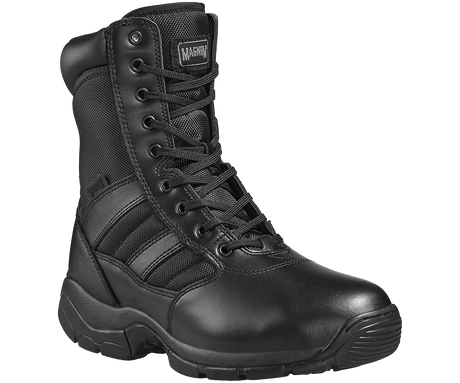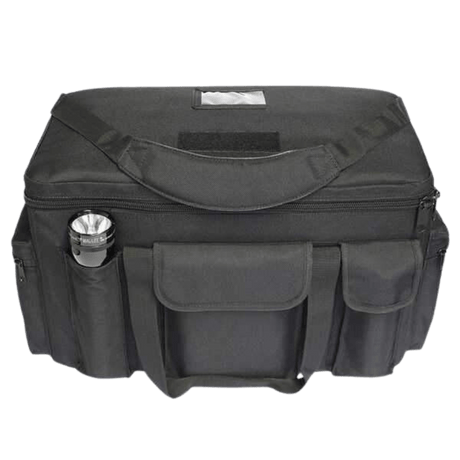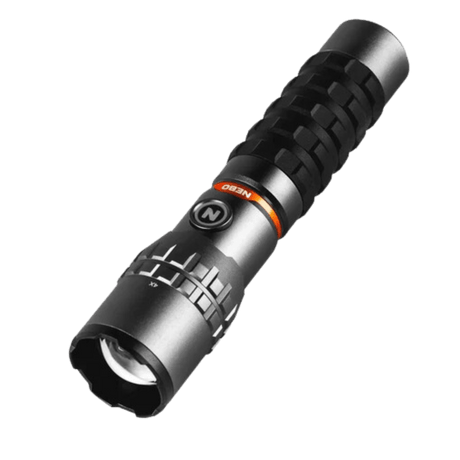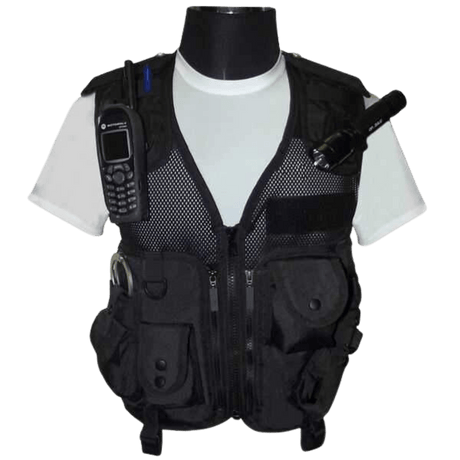In the world of emergency services, being physically fit and strong isn't just an asset - it's a requirement. Whether you're aspiring to join the police, fire service, or ambulance/paramedic team, maintaining a high level of fitness is paramount for your safety and the safety of those you serve.
Here's a look at the fitness standards and training requirements for each emergency service in the UK:
Police Service:
Policing demands a diverse range of physical abilities, from running and climbing to carrying heavy objects and physically restraining suspects.
To ensure officers are up to the task, joining the police force involves passing the Multi Stage Fitness Test (MSFT), also known as the "bleep test." This test measures aerobic capacity and endurance, essential for responding to dynamic situations effectively. The MSFT sets a benchmark for physical fitness in law enforcement and ensures officers can handle the demands of the job.
You can find more information about the MSFT on the College of Policing's website here.

Fire Service
Firefighting is one of the most physically demanding professions, requiring firefighters to be agile, strong, and enduring.
Similar to the police, joining the fire service involves passing a series of physical tests, known as the 6 National Standard Firefighter Physical tests. These tests assess a candidate's ability to perform tasks such as running, climbing ladders, and carrying heavy objects and people. Firefighters must maintain peak physical condition to handle the rigors of the job and protect both themselves and the public from harm.
Find out more on the 6 National Standard Firefighter Physical tests here

Ambulance / Paramedic
Ambulance and paramedic work present unique challenges, often requiring professionals to lift and carry heavy objects and individuals in high-stress situations. Joining an ambulance service typically involves undergoing a fitness test, which may vary from one service to another.
For example, the Health Education England East of England provides a sample fitness test that evaluates a candidate's physical readiness for the demands of emergency medical response. This ensures that ambulance staff are capable of providing swift and effective care in critical situations

Training Resources:
For individuals looking to prepare for a career in emergency services or maintain their fitness while on the job, there are several excellent training programs available. "Cop Strong" by Police Scotland is a notable resource designed specifically for law enforcement officers, offering comprehensive workout routines tailored to the demands of policing.
Additionally, programs like "Couch to 5K" provide accessible pathways for individuals of all fitness levels to improve their cardiovascular health and endurance, essential for meeting the demands of emergency response work.






